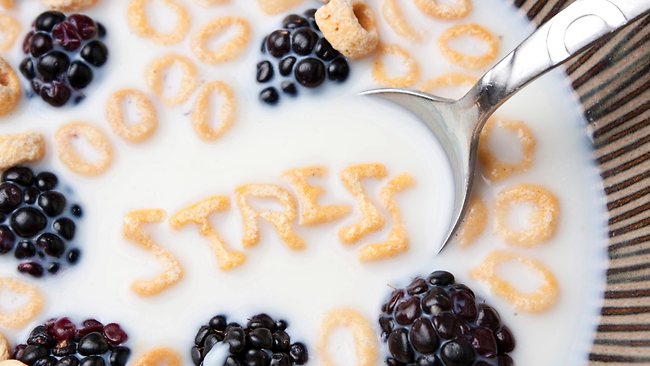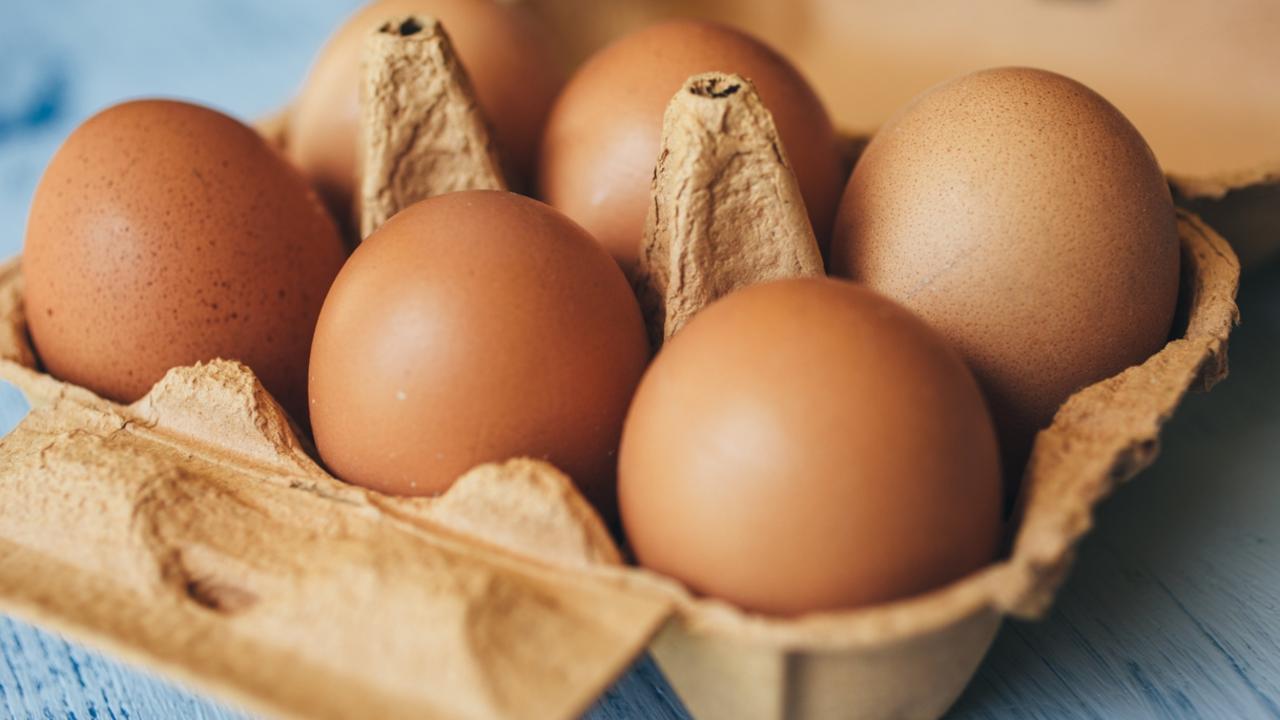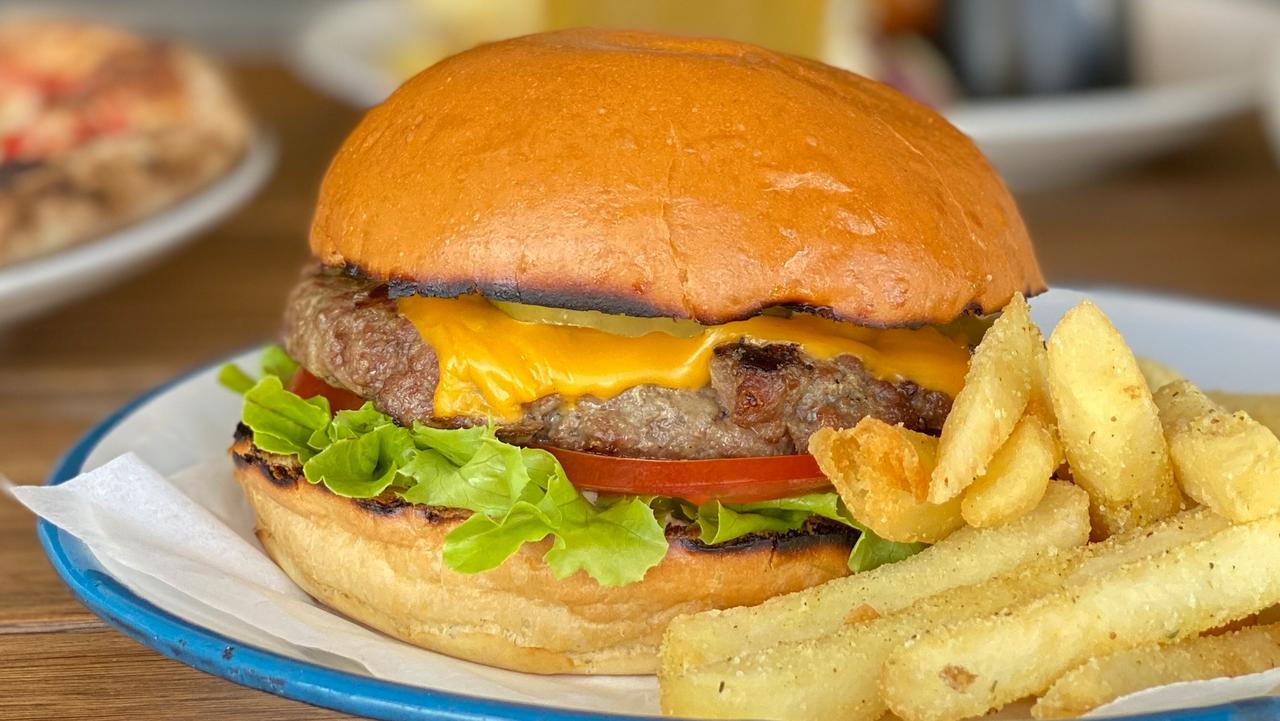Eat your way out of anxiety
EATING a healthy, nutritious and balanced diet is a great way to manage stress and anxiety, says nutritionist Teresa Boyce.

EATING a healthy, nutritious and balanced diet is a great way to manage stress and anxiety, says nutritionist Teresa Boyce.
With the increasing pressures of modern living it's no wonder the rates of anxiety and associated disorders are on the rise.
More: The dos and don'ts of sugar
Most of us will experience anxiety or stress at some point in our lives, but for those who suffer from anxiety on a daily basis it can become overwhelming and all-consuming. Symptoms of anxiety are varied and can include:
+ Persistent fear and excessive worrying.
+ Panic attacks and avoidance of certain places, situations or objects.
+ Feeling irritable and uneasy.
+ Having difficulty relaxing, concentrating and sleeping.
+ Physical symptoms, such as heart palpitations, muscle spasms, shortness of breath, headaches and nausea.
Diet and lifestyle choices can make a huge impact when it comes to managing the symptoms of stress and anxiety. If you are feeling anxious, try the following tips.
Use the power of protein Amino acids are the building blocks of protein, and have many functions within our body. When it comes to anxiety, the two amino acids to focus on are glutamine and tryptophan.
Glutamine is required for GABA, the calming neurotransmitter useful in controlling panic attacks.
Tryptophan is a precursor to serotonin, the feel-good neurotransmitter. Low levels of serotonin are associated with an increase in anxiety, as well as an increase in panic attacks.
Organic dairy, fish, chicken, beef, nuts and seeds are all good sources of these vital amino acids.
Think "rainbow"
If your meals are full of colour you are on the right track - carrots, broccoli, capsicum, asparagus and squash will brighten up your plate and nourish your body.
Feeling anxious or stressed can often result in a lack of interest in good nutrition, but at these times it is more important than ever to support the body. A diet high in seasonal fruit and vegies provides vitamins B and C, magnesium and calcium, all of which are required for nervous system function and optimal health.
Try wheat germ
Wheat germ is found in whole wheat and wholewheat flour and is also sold as a powder or oil. Although it is just a small part of the wheat kernel, the germ is a highly concentrated source of nutrients, including B vitamins, vitamin E, folate, magnesium, iron and zinc. B vitamins, in particular B6, support the nervous system function and are vital for those suffering from anxiety.
Wheat germ can be added to fruit smoothies, oat porridge and breakfast cereals, or substituted for flour when baking. Simply halve the recipe's flour quantity and replace with wheat germ.
Avoid stimulants
Stimulants include tea, coffee and caffeinated soft drinks. These beverages can exacerbate symptoms of anxiety, causing nervousness and negatively impacting sleep.
Opt for caffeine-free alternatives or herbal tea. Lemon balm, lavender, linden and valerian tea are all caffeine free and have a calming effect on the nervous system, while chamomile tea helps promote a good night's sleep.
Choose carbs wisely
While eating your favourite chocolate bar may make you feel better temporarily, sugar and refined carbohydrates such as white bread, cakes and biscuits should be avoided. These types of carbohydrates give you a quick rush of energy followed
by a sudden drop in blood sugar. These blood-sugar highs and lows can drastically alter your mood and worsen the symptoms of anxiety.
The alternative is to follow low-glycaemic index (GI) principles or just choose foods in their most natural state: brown rice, steel-cut oats (unprocessed "slices" of the oat grain), fruit and vegetables. These foods provide the body with a slow, constant supply of glucose and limit unstable blood-glucose levels.
Pass on the alcohol
While alcohol is a relaxant and gives an instant feeling of calm, this effect is short lived. When consumed to excess, alcohol can worsen anxiety symptoms - particularly if you end up with a hangover the next day.
Consuming alcohol can also cause dehydration, a drop in blood-sugar levels and an alteration in serotonin levels, all of which can trigger anxiety.
If your anxiety levels are high or you feel they are on the brink, try alcohol-free alternatives. A good-quality mineral water with a squeeze of fresh lime provides a dose of magnesium and calcium, both of which are essential for nervous system function.
Don't forget to breathe
Poor breathing can increase anxiety levels. People suffering from anxiety tend to take shallow, rapid breaths; this is called chest breathing. This type of breathing causes an upset in the oxygen and carbon dioxide levels in the blood, resulting in increased heart rate, palpitations, dizziness and muscle tension. Low oxygen levels in the blood may signal a stress response that contributes to anxiety and panic attacks.



